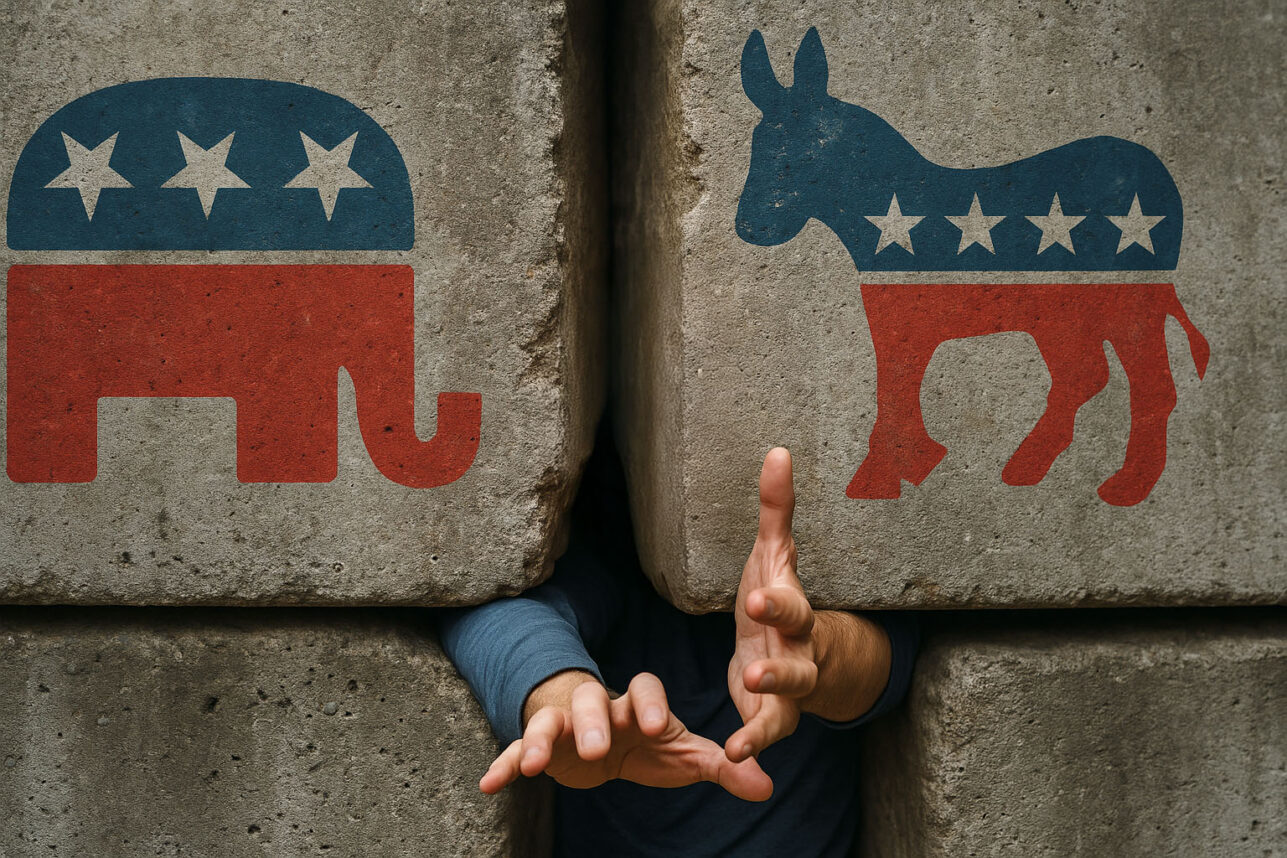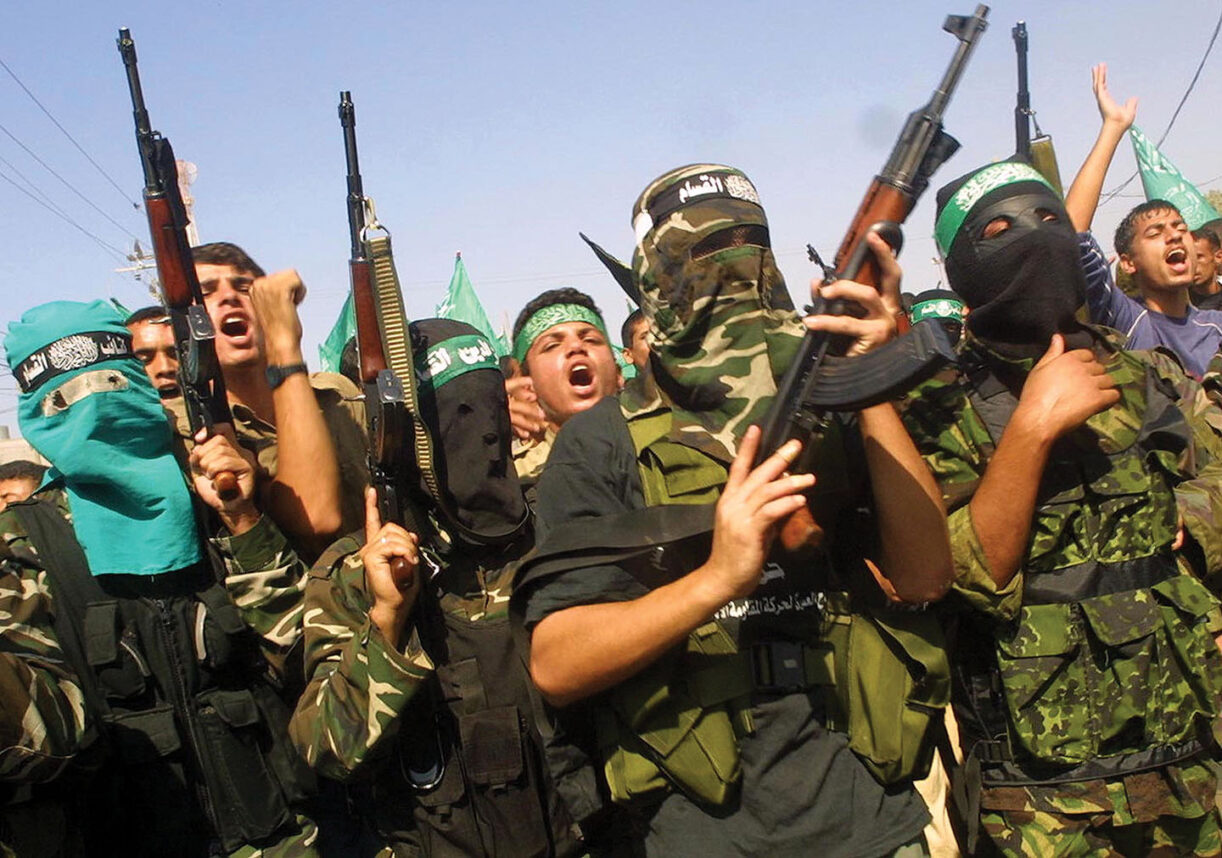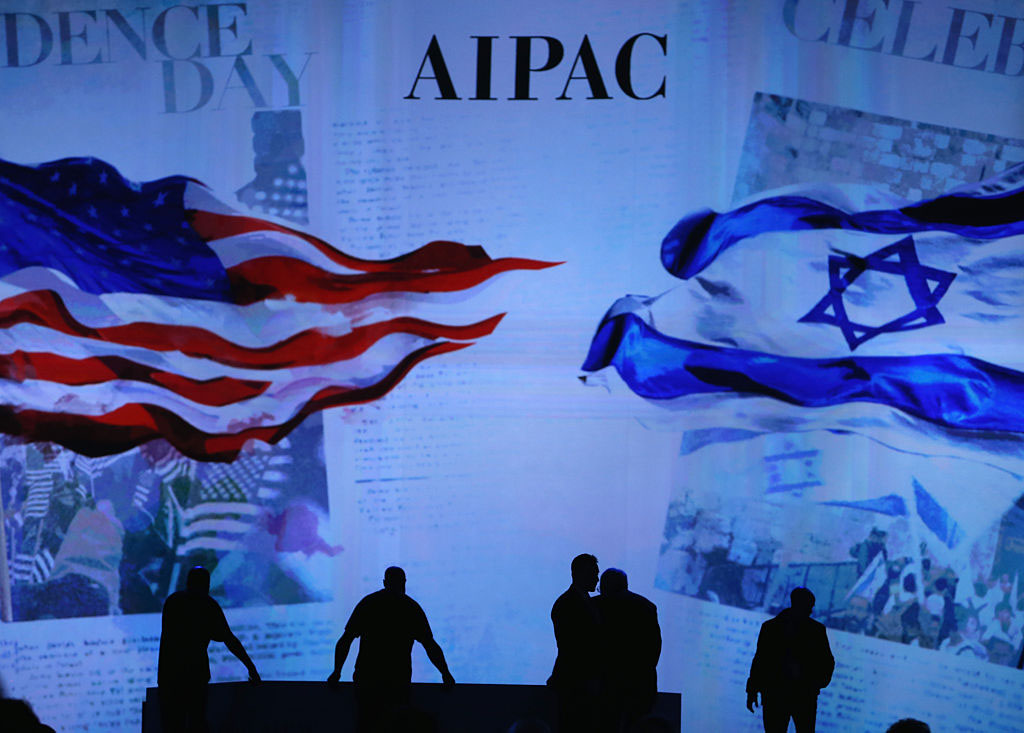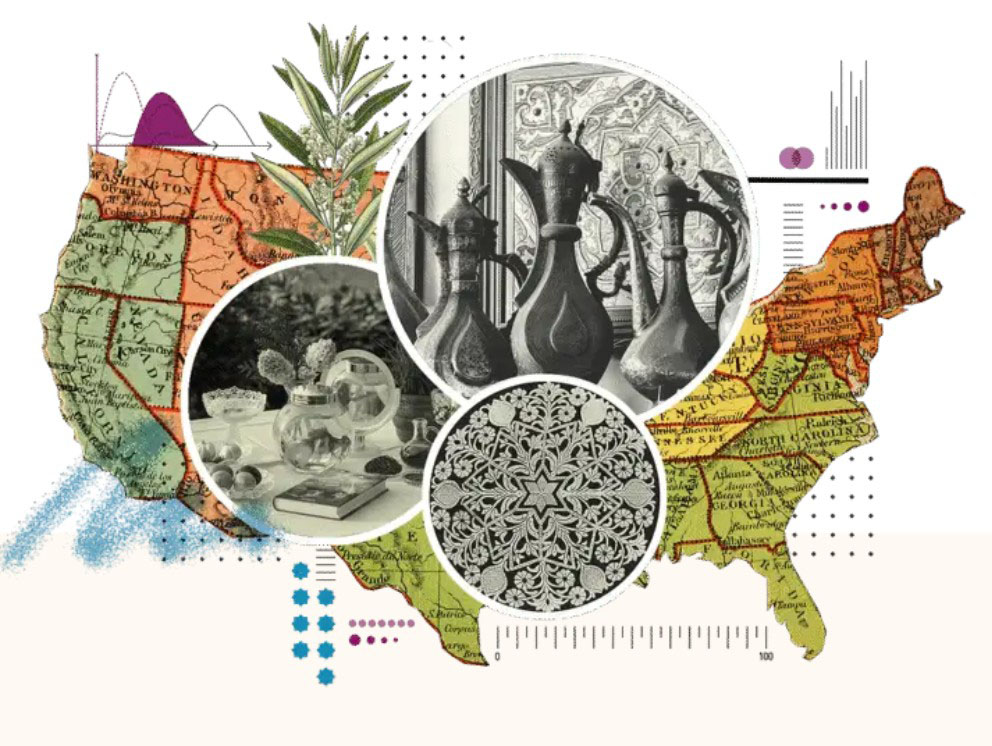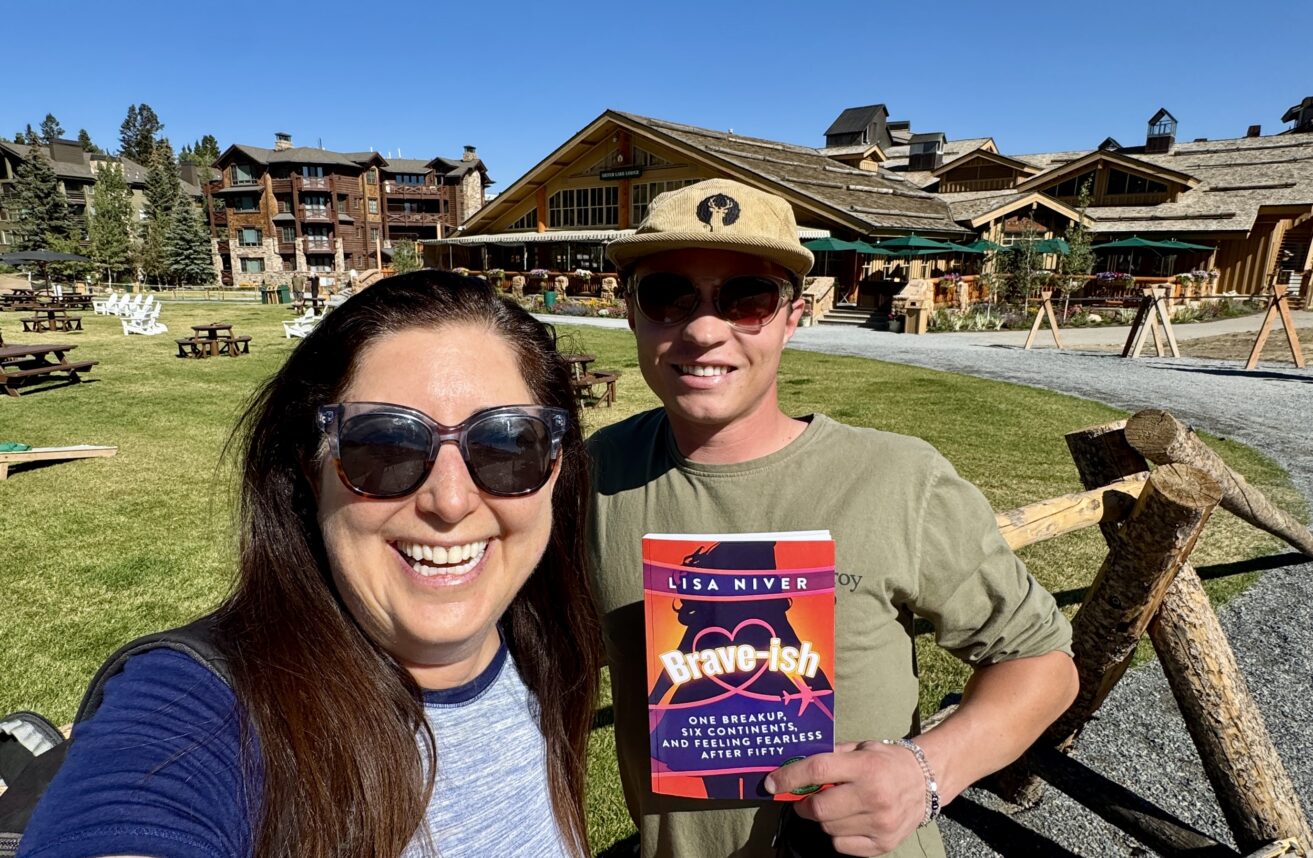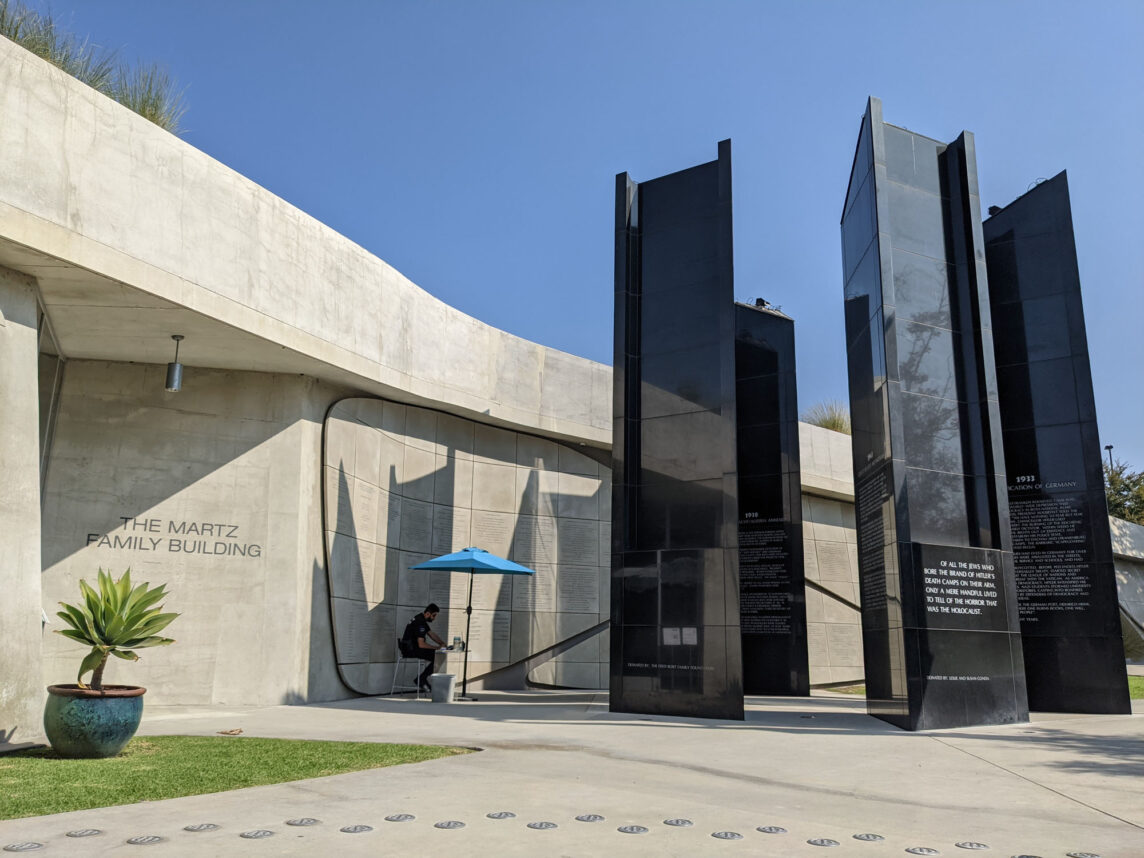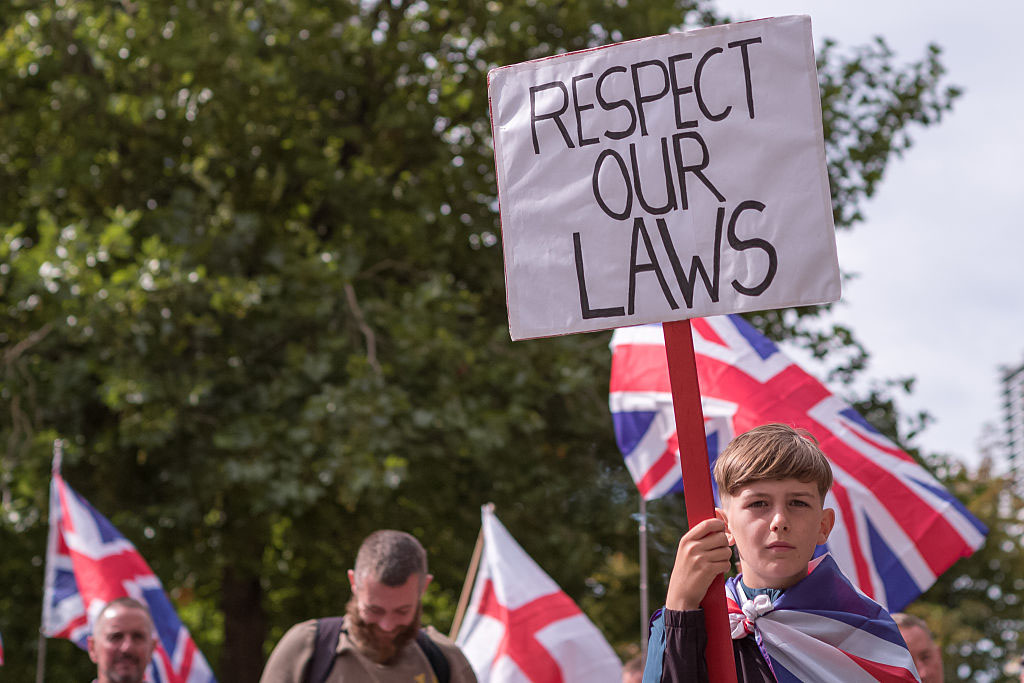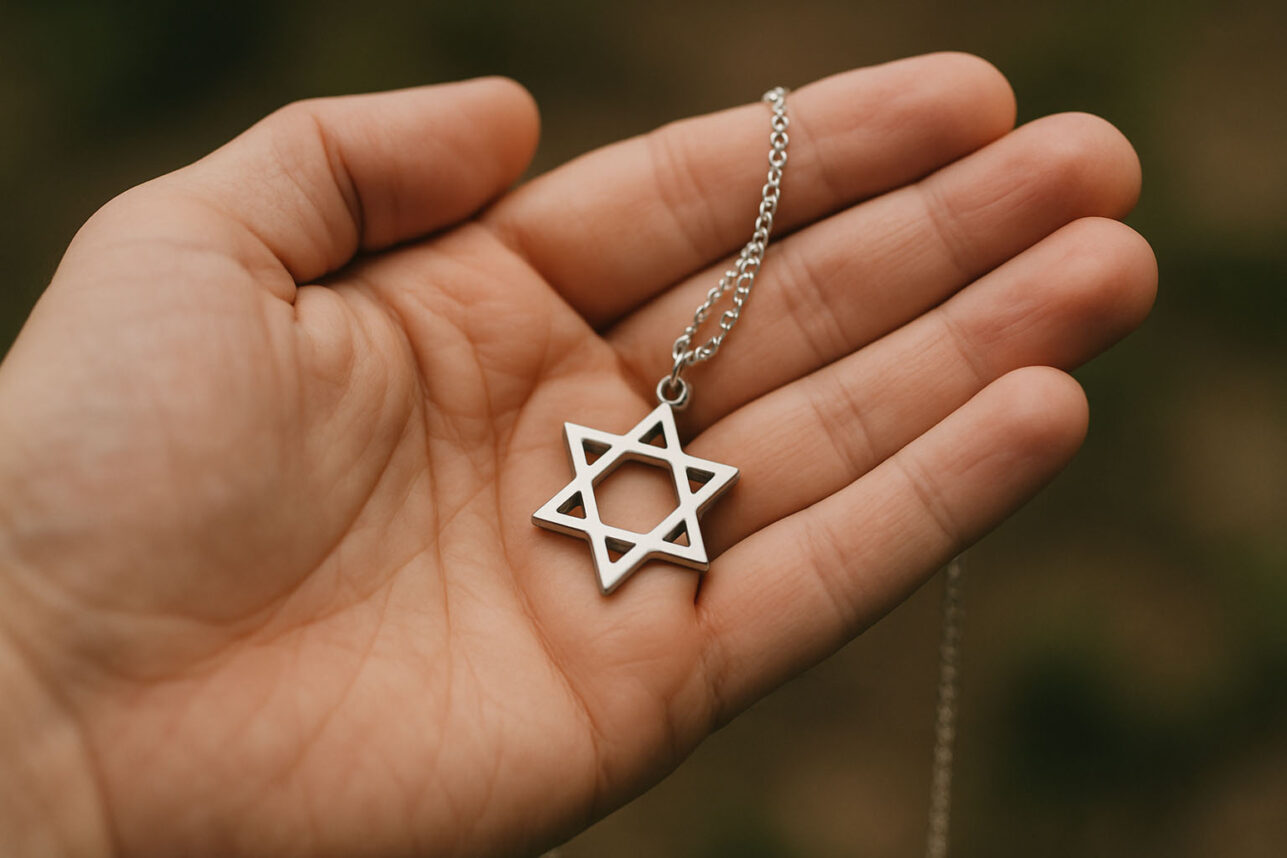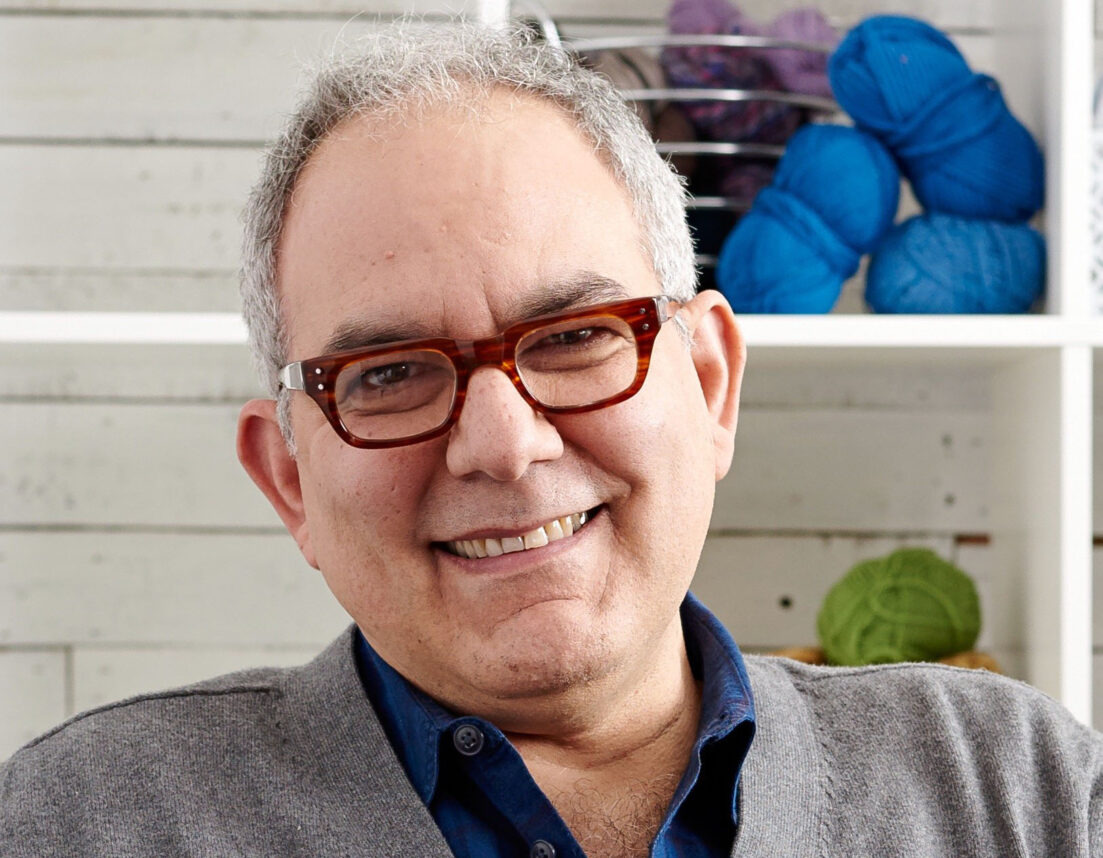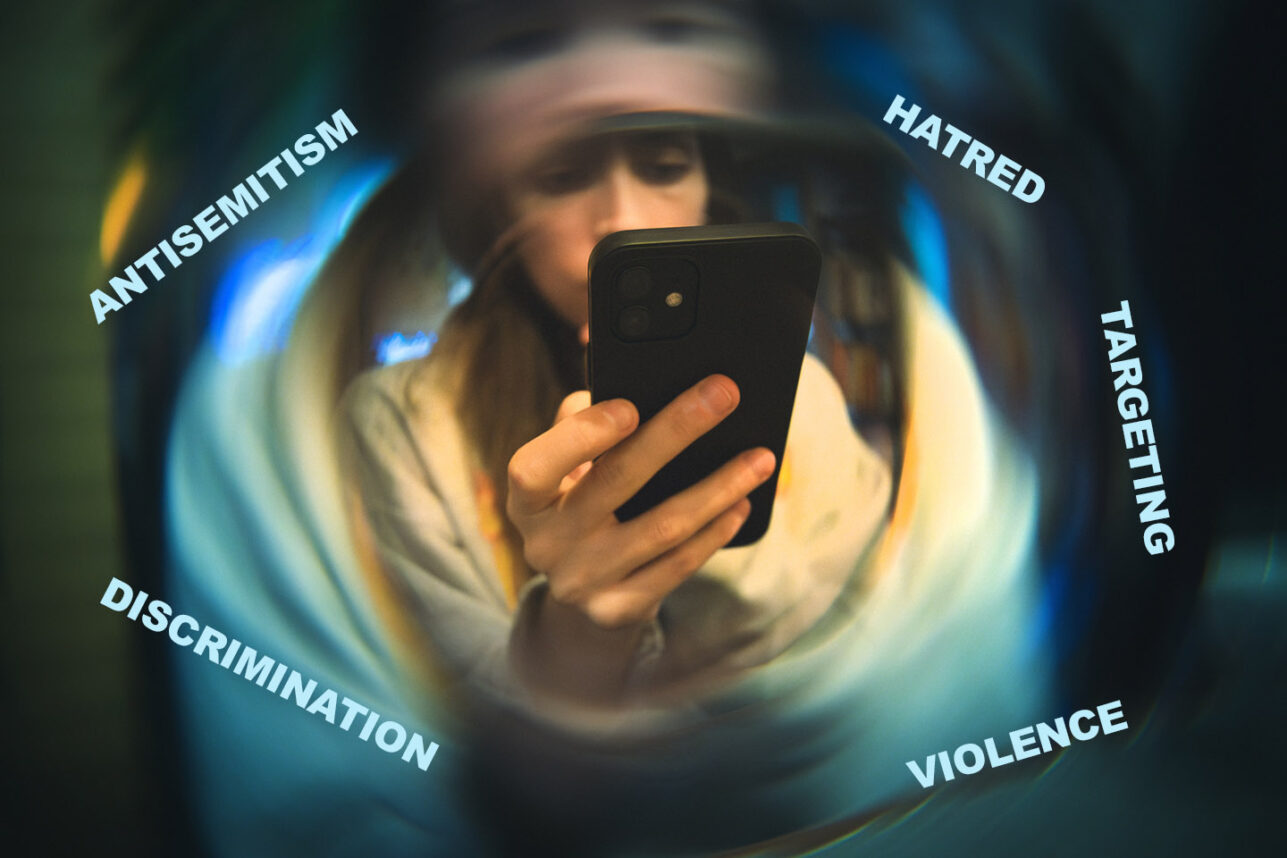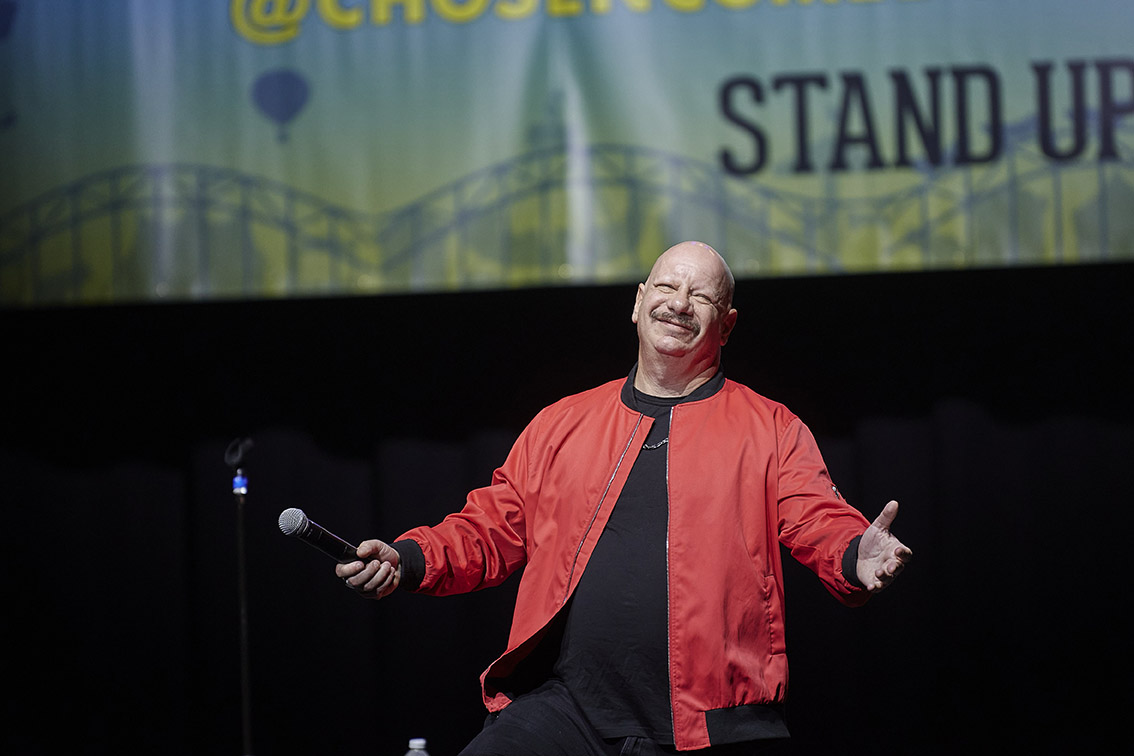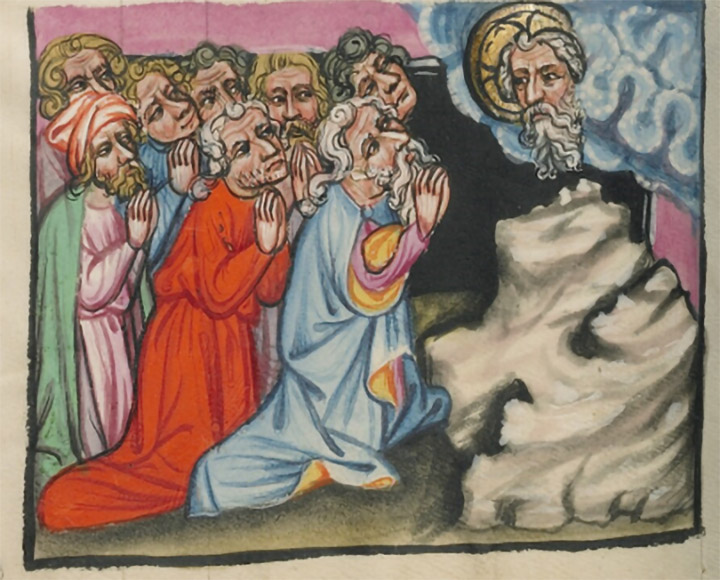
To read more articles from The Media Line, click here.
Tens of thousands of Israelis flooded Hostages Square in Tel Aviv and intersections across the country on Sunday, demanding a deal to bring home 50 hostages after nearly two years in Gaza captivity.
From early morning, buses unloaded crowds at major junctions as streams of people poured into Tel Aviv. Under the scorching August sun, families gathered in defiance and hope—children, parents, and the elderly—holding placards with the faces of those still in Gaza, some alive and others whose relatives plead for their return for burial. The square became a sea of yellow flags, with portraits of the missing stretched across the plaza. Loudspeakers alternated between speeches, chants, and music. Despite the suffocating heat, the movement of people was constant and the energy relentless.
Among those in the crowd was Yair Golan, leader of The Democrats. Speaking with The Media Line, he said: “It’s not that the government doesn’t hear us, it’s that they ignore us. That’s why this must be a power struggle, using mass protests during the week. Eighty percent of the public wants to end the war and free the hostages. We will not allow this government to trample that with its cynical politics.”
Ela Haimi, widow of Tal Haimi of Kibbutz Nir Yitzhak who was killed on October 7, addressed the square with quiet determination. “On October 7, I sat with three children in the shelter while Tal fought outside with the emergency squad,” she recalled. “I was pregnant then. Last week, the baby who experienced it all in my belly started walking. These are the moments parents live for. But I don’t have anyone to share them with. Soon he will ask where his father is, and I will have no answer. Without his body, we don’t know if he will ever return for burial.”
Turning directly to the government, she continued: “We are told Hamas doesn’t want a deal. Maybe that’s true. But Hamas are our enemies. They are cruel. It is not their job to find solutions. It is the job of my government, of my elected officials, to do everything they can, even with the most complex dilemmas, to bring them home.”
Haimi also spoke with The Media Line at the square, explaining why the day mattered. “Time keeps passing. We are almost two years from that terrible day and nothing is happening. The government’s decision to expand the war is against all logic, and there is a feeling the world has already lost interest. That is why we had to do something different,” she said. “People say a day like this is a prize for Hamas, that this is exactly what they want. I want to say something. I think about the hostages hearing that we are fighting for them like this. That can give them a little more air, a little more hope to keep fighting for their lives.”
Nearby, Itzik Horn, father of Argentinian Israeli hostage Eitan and of Yair, who was released from Gaza, let his anger spill out. “Every time we shout, they tell us we are playing into Hamas’s hands. When we stay silent, they say we don’t care. Everything is ‘playing into Hamas’s hands.’ So I ask: Are the fights between the defense minister and the chief of staff not playing into Hamas’s hands?” He then turned his ire on cabinet ministers. “The ridiculous videos of the national security minister humiliating Palestinians—does that bring my sons any closer to coming home? Either he has no heart, or no head, or nothing at all. I’ve reached the conclusion he has nothing.”
The crowd roared back at him, “You are not alone.”
The emotional weight deepened with each testimony. Roni Adar, sister of Tamir Adar, murdered on October 7, described her brother’s presence in her childhood. “You taught me to count to three, sometimes to ten, to breathe, to think before I acted. You were my hero when I was little. You were everyone’s hero on October 7, when you were the first to leave the house without counting to three. Since that morning, you are still my hero.”
Another voice came from Nirit Alon-Levy, the mother of Inbar Hayman’s partner, Noam—Hayman was the last female hostage in Gaza, abducted at the Nova festival and later confirmed dead. She read a letter as if speaking directly to her. “In my dreams, you returned from Nova, you married my son Noam, you built a family. In reality, you never came back. We were shattered when the first truce ended in November 2023 and you weren’t among the released. We were shattered again when we were told you were not alive. Now we fight not only for the living, but to bring you home for a dignified burial. Six hundred and eighty-one days in captivity is inconceivable. We are all hostages as long as you remain there.”
The symbolism reached its height when Ilana Gritzewsky, herself a survivor of Hamas captivity, held a symbolic wedding ceremony to her partner, Matan Zangauker, still held in Gaza. She walked down the aisle escorted by fathers of other hostages. “Matan, my curly-haired one. If you hadn’t been kidnapped, we could have been married by now,” she said through tears. “I love you; I’m fighting for you until you return. We will rebuild together, and with God’s help we will build our Jewish home in Israel.”

Moments after the symbolic wedding ended, missile alert sirens echoed across Tel Aviv. The army later confirmed the launch originated from Yemen. Families who had just demanded the return of their loved ones now found themselves taking cover, a stark reminder that their struggle for the hostages is inseparable from the ongoing war.
President Isaac Herzog also came to Hostages Square, meeting families in a closed session. They urged him to carry their plea to the political leadership: “The return of all the hostages and the end of the fighting is a national consensus. There is no time—not for the lives wasting away in hell, nor for the fallen who may vanish in the ruins of Gaza.”
Former Defense Minister Yoav Gallant also arrived at the square to show his support for the families, reflecting the depth of the protest’s reach into Israel’s political and security establishment.

Throughout the day, public figures joined the gathering. International actress Gal Gadot appeared in a video alongside Lishay Miran-Lavi, the wife of hostage Omri Miran.
But as families and supporters filled the streets, the government pushed back against the strike. Prime Minister Benjamin Netanyahu told the weekly cabinet meeting, “Those who call today for ending the war without defeating Hamas are not only hardening Hamas’s position and delaying the release of our hostages. They are also ensuring that the horrors of October 7 will repeat themselves and that we will have to fight a war without end.”
Calling the demonstrations “a harmful and damaging campaign,” Finance Minister Bezalel Smotrich warned they “play into Hamas’s hands, bury the hostages in the tunnels, and seek to bring the State of Israel to surrender to its enemies, endangering its security and its future.”
For National Security Minister Itamar Ben-Gvir, the strike reflected weakness. He claimed those joining “are the same people who weakened Israel before October 7 and are trying to do so again today. This strike strengthens Hamas and pushes further away the return of the hostages.”

Culture and Sport Minister Miki Zohar, in turn, argued that “blocking Israel’s main roads and disrupting the lives of Israeli citizens is a grave mistake and a reward for the enemy, who sees these images this morning and rejoices.”
Accusations were even sharper from Transportation Minister Miri Regev, who charged protesters with “turning solidarity for our dear hostages into a political campaign” and even with “burning roads and damaging infrastructure.”
Pushing the rhetoric to its limits, Likud MK Hanoch Milwidsky described the protests as nothing less than “pogroms in support of Hamas.”
A different perspective came from MK Yoav Segalovich of Yesh Atid, who told The Media Line, “We’ve been at war for 22 months with no end in sight. The government failed, and the responsibility is Netanyahu’s. He is the prime minister of neglect and failure. For 22 months he blocked hostage deals. Today, citizens are showing that they will not stand idly by. If not through the government’s heart, then through the feet of the citizens, we must force change.”

Sharpening his own critique, Golan framed the day as proof the government could no longer ignore the public. “We must escalate from symbolic strikes to actions that disturb the government,” he said. “Weekends don’t shake them—only disrupting the economy does.” He then turned to the Histadrut labor federation, sending what he called a direct message. “I want to say to my friend Arnon Bar-David, whom I deeply respect: the day when you will have to strike the economy is closer than ever. This government has decided to trample the law, to disrespect the High Court, to ignore its rulings. You must prepare. That moment is coming.”
As the sun set, a mass prayer service and solidarity march preceded the main rally. Families displayed a mix of grief and determination, repeating again and again that they would not stop until all 50 hostages—alive and dead—return.










